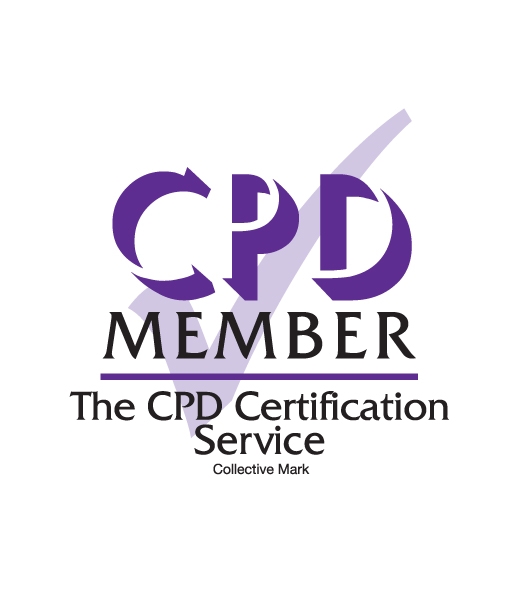Aim
Gain the skills and knowledge needed to competently and safely administer immunisation and vaccination injections with comprehensive and up-to-date understanding and skill.
Objectives
- Learn how to practice safe and effective injection
- Be able to provide accurate and up to date information about the relevant diseases and vaccines to patients/parents/carers
- Know how to support individuals to make informed decisions about vaccination
- Understand the protocols for PGDs
- Promote public confidence in vaccination and improve the uptake
- Demonstrate competence in vaccine storage
- Outline anatomical features
- Identify correct injection technique and demonstrate how to inject through the use of simulation manikins
- Discuss patient consent and recording
- Refresh knowledge on anaphylaxis
- Understand and follow national recommendations
Capabilities
Please note, HCAs can only administer influenza, shingles and pneumococcal vaccinations to adults and intranasal influenza vaccine to children.
Clinical Observation
Following this training, delegates must be supervised administering injections in their workplace, until deemed competent by their supervisor. This supervised practice must be recorded in a provided logbook, and signed off by the supervisor upon successful completion. Supervisors do not require a formal teaching qualification but must be competent in immunisation. It is the delegates responsibility to source their own clinical supervisor, we recommend that delegates do so prior to course commencement.
Whilst there is no requirement as to how many times this supervised practice should occur, both the supervisor and new practitioner need to feel confident that the practitioner has the necessary skills and knowledge to administer vaccines. If the practitioner gives a range of different vaccines to patients of different ages, their supervisor should ensure this is taken into account and they should be given the opportunity to observe and also be assessed on this range.
Annual Update
Please note, immunisers should attend annual updates in order to ensure the ongoing delivery of a high quality, safe and effective national immunisation programme.
You may like:
Immunisation and Vaccination Training Update
Clinical Skills for Healthcare Assistants Training
At the end of the course delegates should be able to:
- Describe the relevant vaccine types, their contents, the indications, current recommendations, and contraindications for shingles, adult pneumococcal, LAIV and adult influenza vaccines
- Describe the risks of giving live vaccines to immunocompromised people
- Describe the most common side effects of these vaccines and how these should be managed
- Describe any issues/controversies currently relevant to flu, shingles and pneumococcal vaccines
- Demonstrate the ability to respond to patients concerns about any issues relating to these vaccines and correct any misconceptions
- Identify the patient according to local policy
- Prepare the patient/parents/carers for the procedure
- Describe situations when referral to a registered healthcare professional is appropriate
- Explain the differences between Patient Group Directions (PGDs) and Patient Specific Directions (PSDs)
- Appropriately record consent (according to national and local policy)
- Explain the importance of the cold chain and the appropriate standards and systems in place for vaccine storage and handling
- Explain the procedure to be taken in the event of a needle stick injury
- Demonstrate appropriate sharps managementDemonstrate appropriate selection and preparation of vaccine equipment
- Demonstrate correct technique for vaccination
- Demonstrate good knowledge and practice of infection control
- Demonstrate appropriate care following administration of the vaccine
- Give evidence of anaphylaxis and basic life support training
- Complete appropriate documentation (refer to national and local policies as appropriate)

